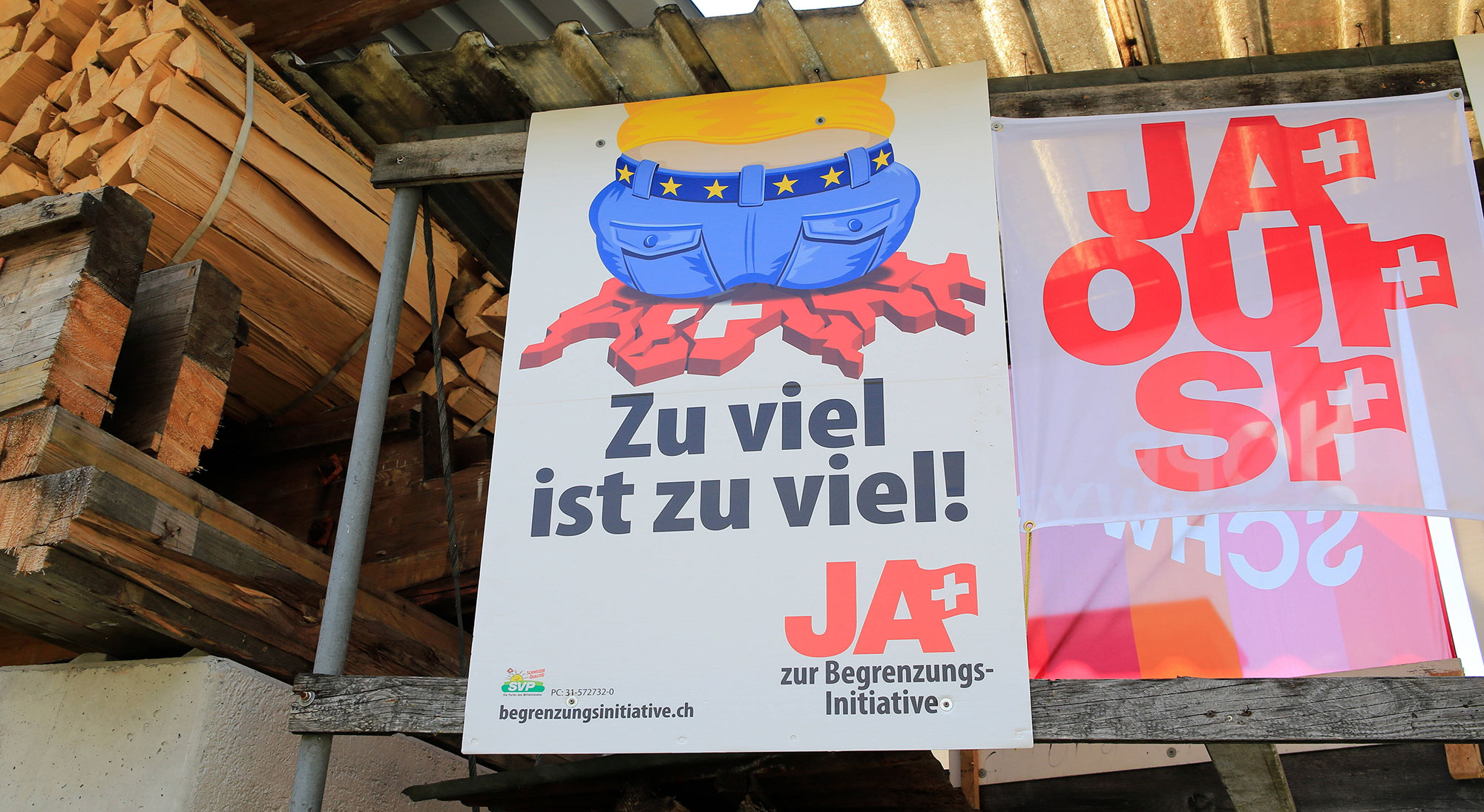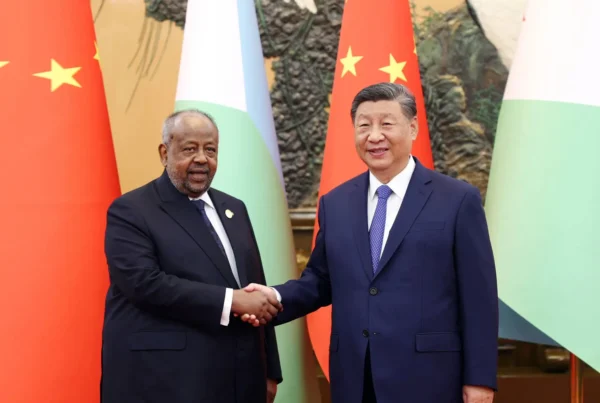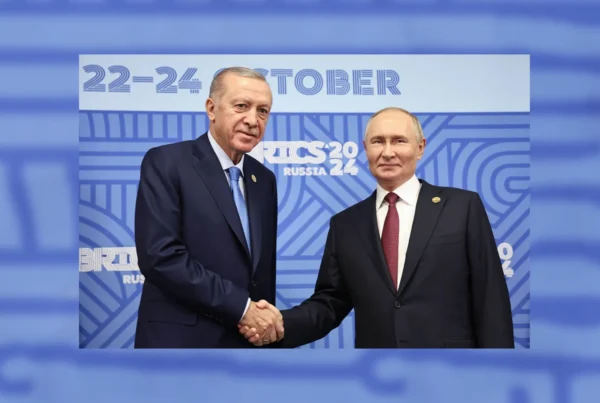In May Switzerland walked away from talks with the EU on an agreement about their future relationship. The loss of trade for Switzerland could have a serious impact on its economy. However, there is no impetus for talks to resume.
By David Bagshaw 20.9.2021
In May 2021, talks between the EU and Switzerland on a new trade and cooperation deal, the Institutional Framework Agreement (IFA), broke down. It was the culmination of seven years of negotiations, which ended without agreement. In the aftermath of the Swiss decision to walk away, both sides have reiterated their desire for a continued comprehensive relationship. However, with no future talks planned and neither side willing to budge, the impact of this stalemate on both economies could be severe.
Switzerland’s relationship with the EU has, up to now, been governed by 120 different agreements. This reflects the piecemeal nature by which the two sides have chosen to deepen their relationship on certain topics. Swiss voters rejected membership of the EU in a referendum in 1992, and in 1997 and 2001 opposed opening membership talks by federal popular initiative. In 1999 the EU and Switzerland signed an agreement on the free movement of people, and in 2004 Switzerland joined the open-borders Schengen Area.
Due to the complexity of having so many individual agreements, the EU and Switzerland decided to open negotiations on a new, more modern relationship in 2013. A year later, however, Swiss voters approved the popular initiative Stop Mass Immigration. This initiative, launched by the Swiss People’s Party (SVP), aimed to reintroduce quotas on immigration from EU countries. Despite this, Switzerland agreed to compromise with the EU and did not fully implement the proposal. Instead, they gave priority to Swiss citizens in the labor market and made it harder for Swiss firms to hire EU citizens.
Both the EU and the Swiss have stated their desire to maintain a close relationship. However, there are not yet any plans to resume talks, with no sign that either side would be willing to compromise. The EU is reluctant to allow Switzerland to pick and choose areas of cooperation out of fear that the UK is watching on. Talks on the future of UK-EU relations are ongoing and Brussels has been firm on not allowing the UK to “cherry-pick” benefits. Allowing Switzerland to pick and choose would only weaken the EU’s footing in its negotiations with the UK.
Switzerland’s arguments for discontinuing talks are very similar to those used in favor of Brexit. They are reluctant to have unfettered immigration, with concerns about the potential costs for the Swiss welfare system. There is also concern about the dynamic adaptation of Swiss legislation to respond to EU developments and the role of the European Court of Justice. Dynamic legislative adaptation would mean that Switzerland would have to follow future regulatory developments in the EU and adopt them into Swiss law, without input on their outcome. Some Swiss argue that submitting to the European Court of Justice would infringe on their sovereignty.
Switzerland is inextricably linked to the EU, with the bloc accounting for two-thirds of its imports and half its exports. In addition, around 1.4 million EU citizens live in Switzerland and nearly 500,000 Swiss in the EU. Around 350,000 of the EU citizens are cross-border workers, commuting into Switzerland every day. Switzerland is also the fourth largest trading partner for the EU. A report by the Swiss State Secretary for Economic Affairs found that in 2020 just over a fifth of healthcare workers in the country were EU nationals.
The agreement covering medical technology has already lapsed. The decision not to continue with talks will cost the sector, one of Switzerland’s main exports to the EU, around 114 million Swiss francs ($127 million) initially and then 75 million annually according to industry body Swissmem. In addition, they say that there is a big danger that non-European companies and start-ups will shun Switzerland when setting up their European headquarters. The BAK Economics thinktank has estimated that by 2040 Swiss-EU trade will have dropped by 12% due to the increased trade barriers.
Despite the comparisons being made, Switzerland is unlikely to follow the UK’s path of full disengagement from the EU. Swiss politicians are still saying that they want to pursue a close partnership with the EU. However, the EU has made it clear that the status quo that the Swiss want to maintain is no longer an option. The EU sees the current arrangement as too judicially uncertain and too static.
Since the Swiss announcement, neither side has set out what the future relationship could look like. The EU’s ambassador to Switzerland warned that they could no longer “have their cake and eat it,” and European politicians are keen to see the Swiss propose their own ideas, rather than just rejecting what is on the table. While it may mirror Brexit to a certain extent, the Swiss situation is fundamentally different. The Swiss government is still keen to maintain a close relationship with the EU, and there are still many pro-European politicians in parliament.
The Swiss have always had a complicated relationship with the EU. Economically the two are very closely linked, but politically there has always been ambiguity. The relationship has been governed by a large number of individual treaties covering the different aspects of the relationship. The EU has long wished to update and simplify this; however, the Swiss rejection of these proposals now threaten the relationship. The clock is now ticking for both sides to find a solution before the agreements start running out.





